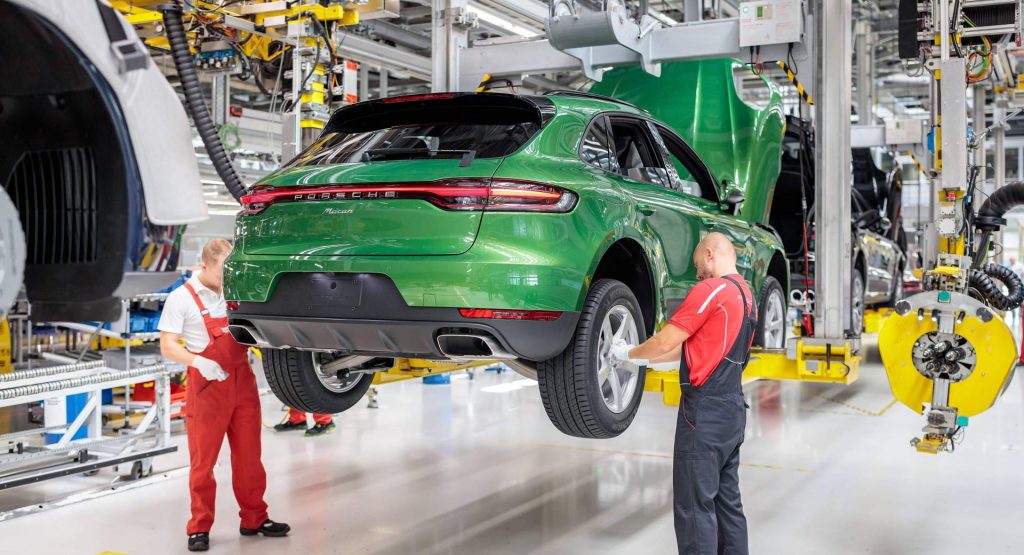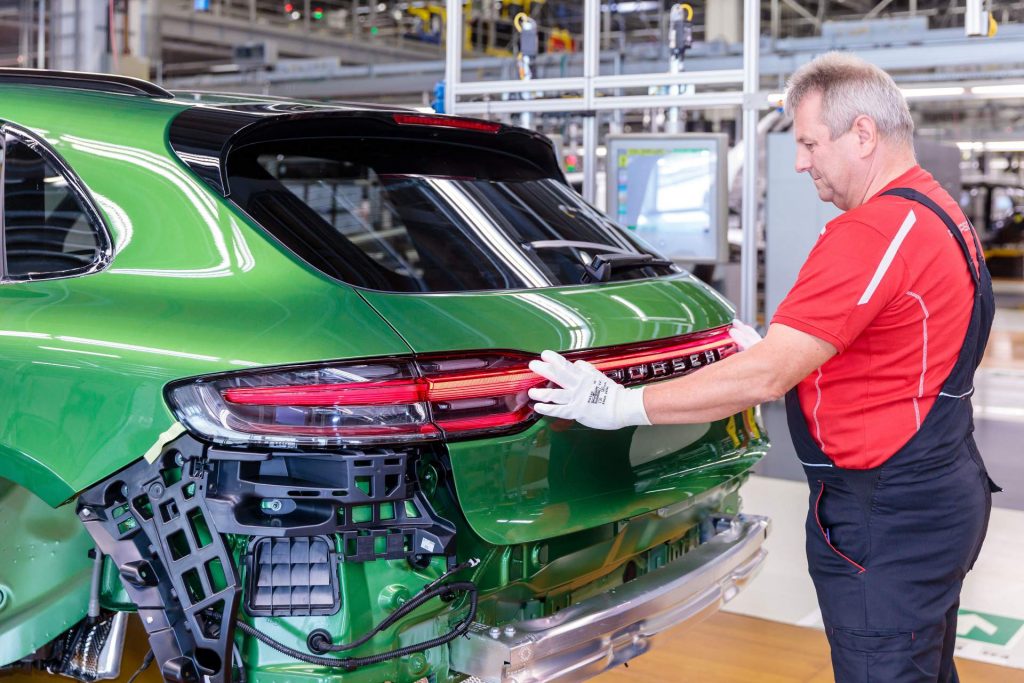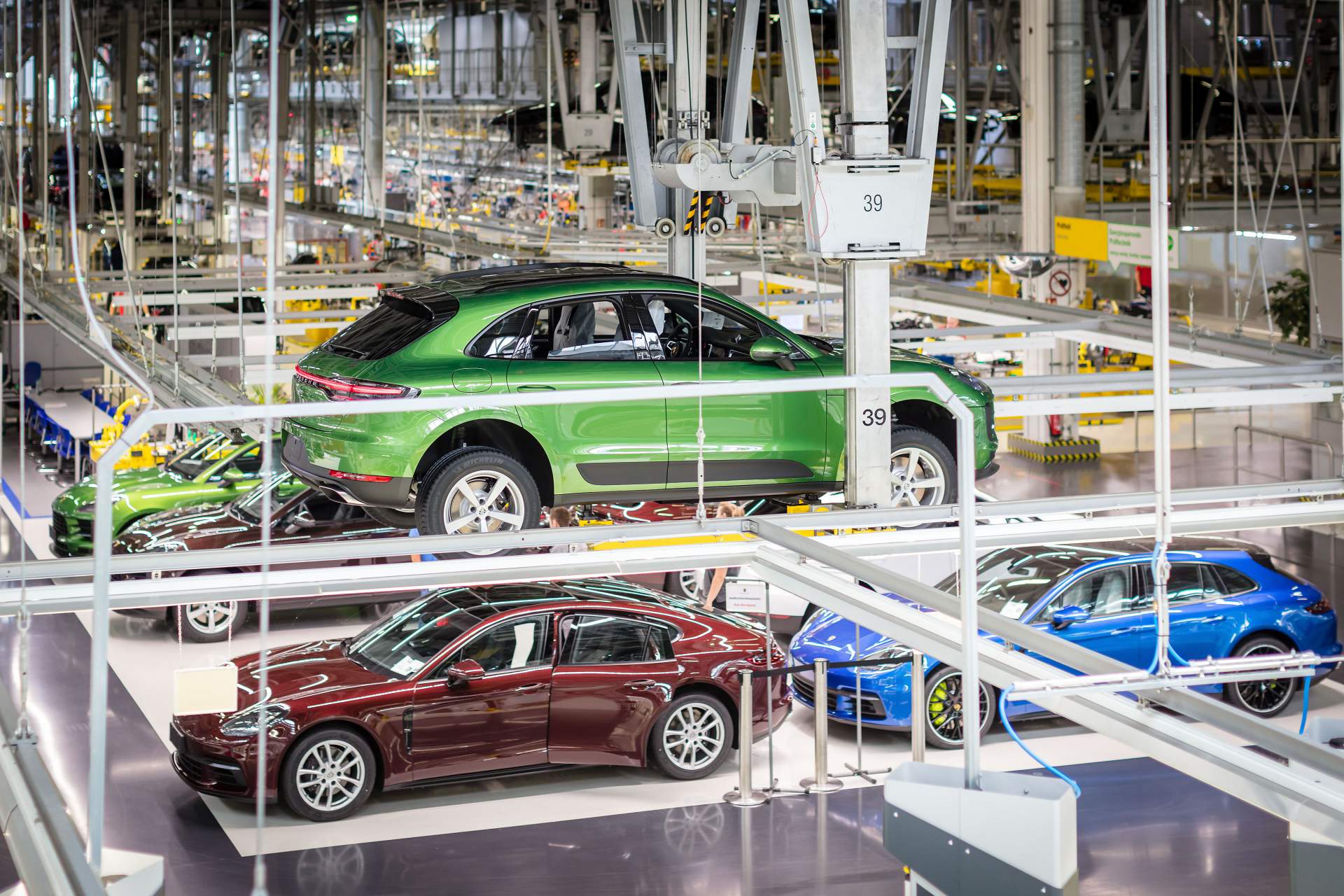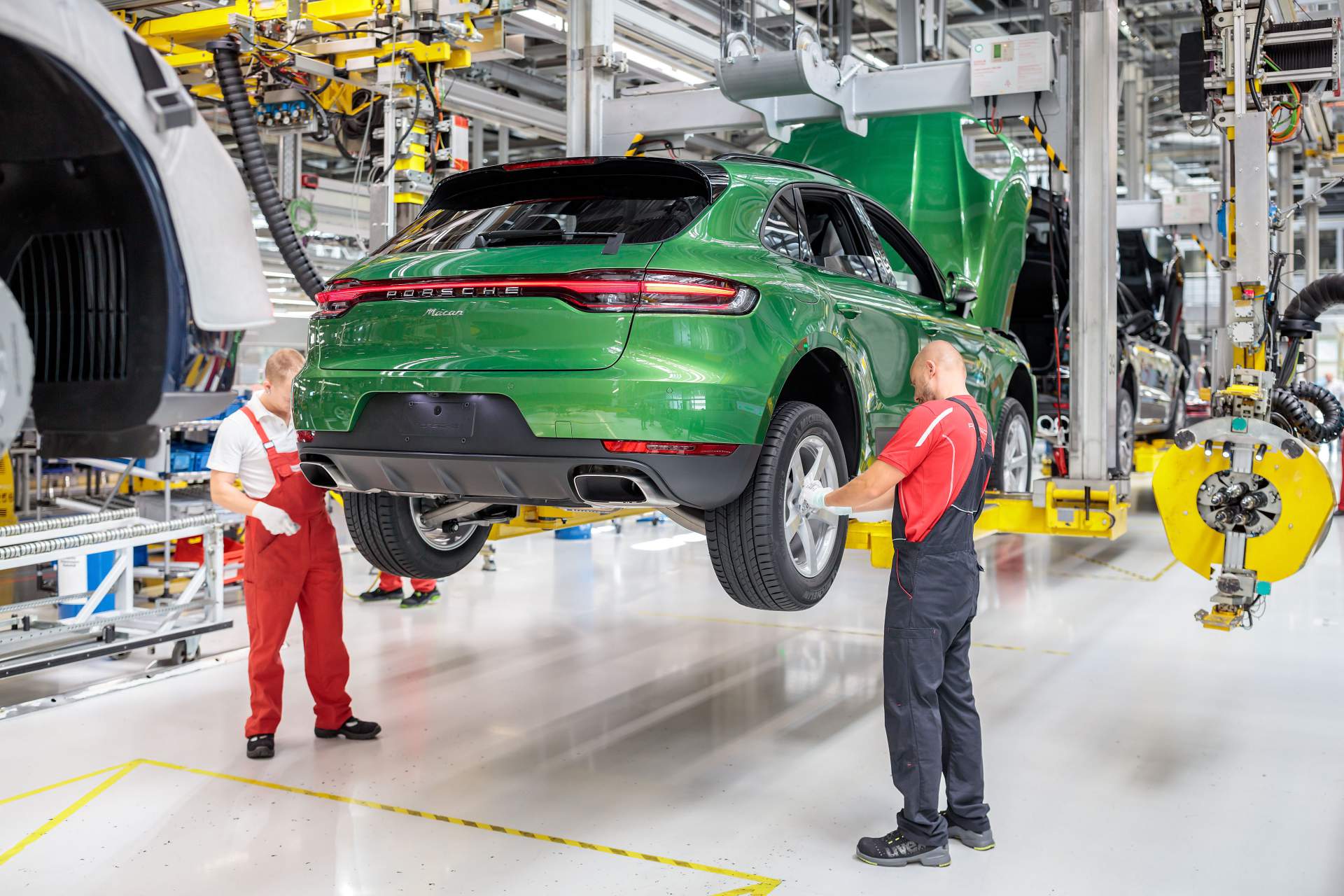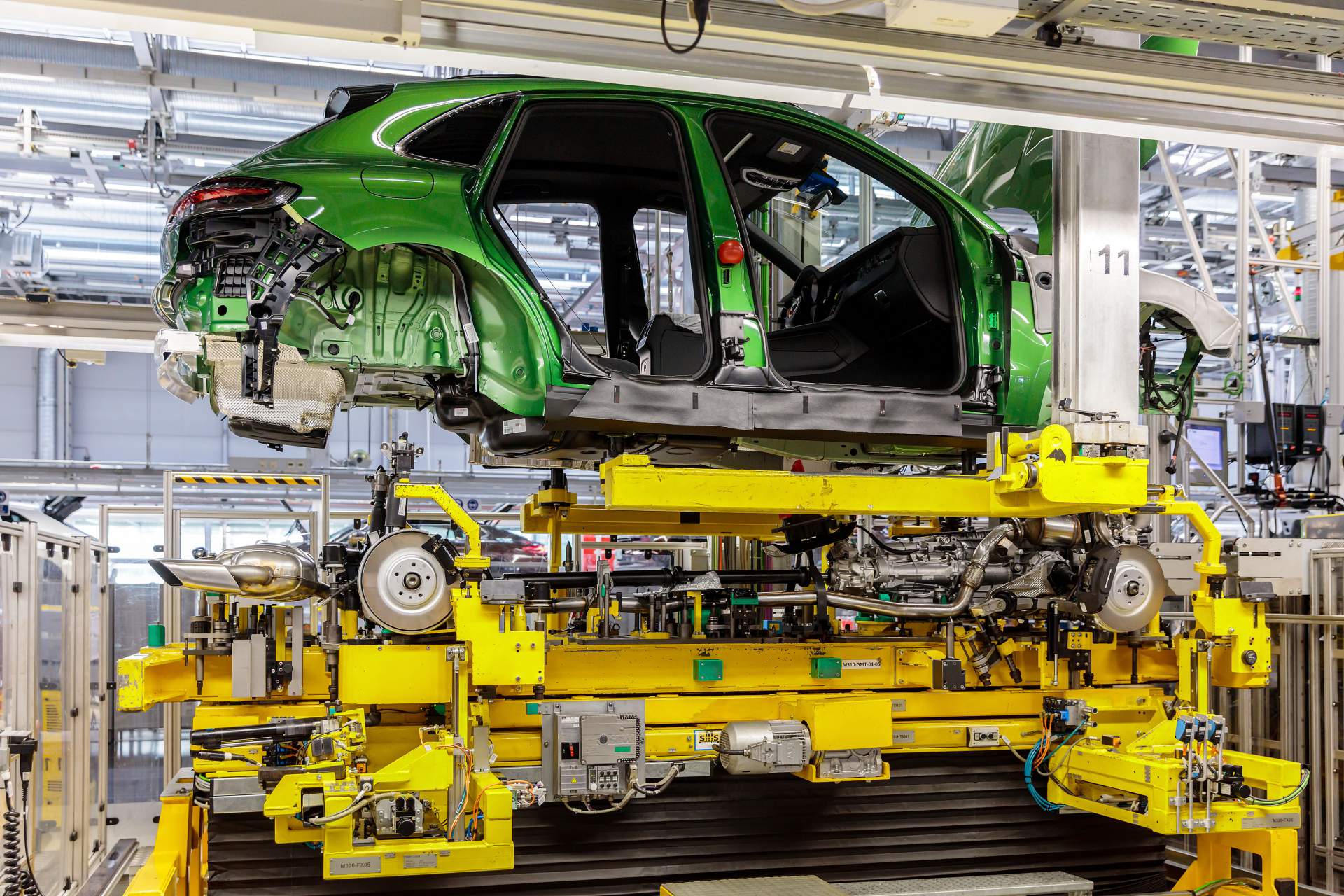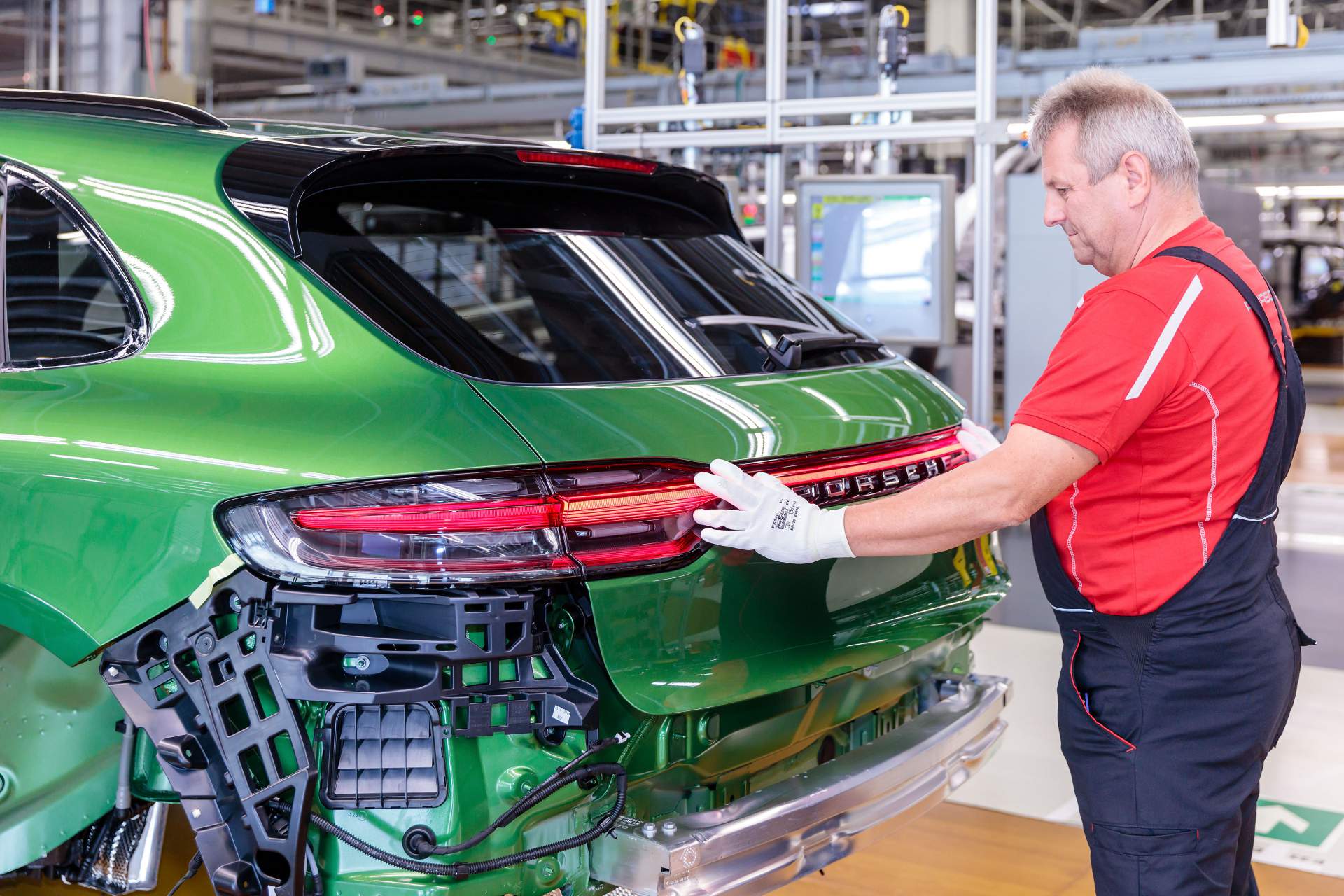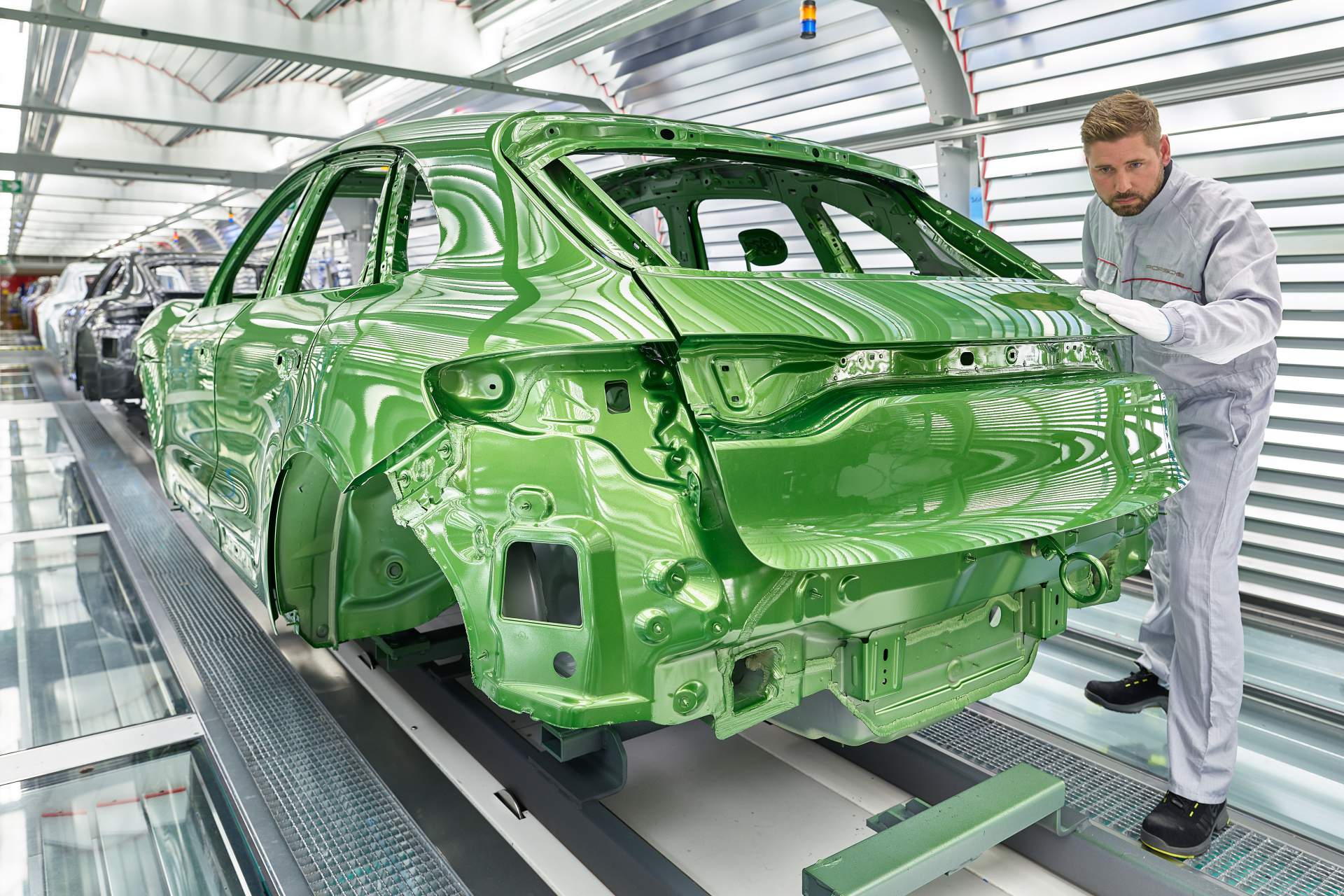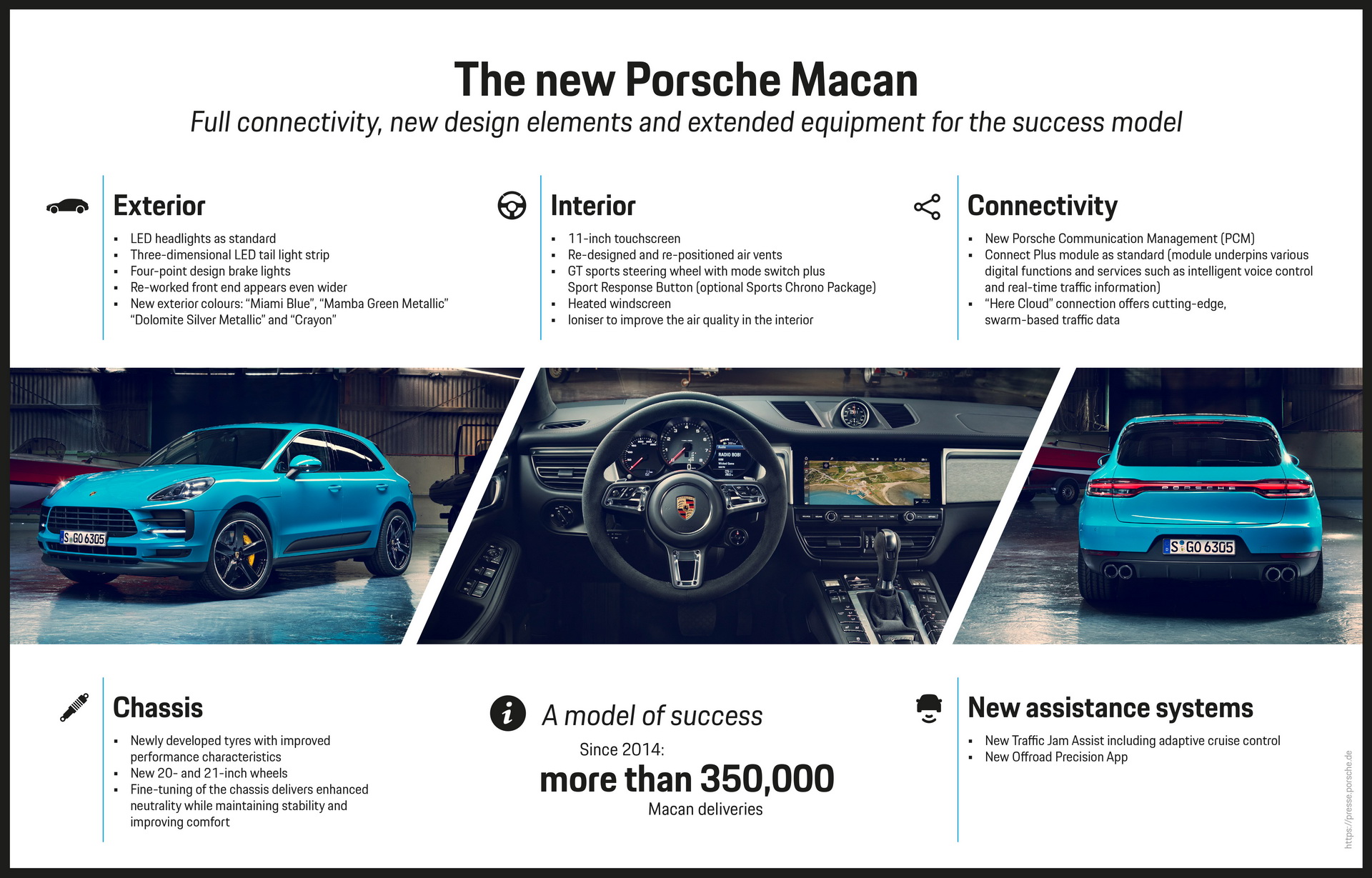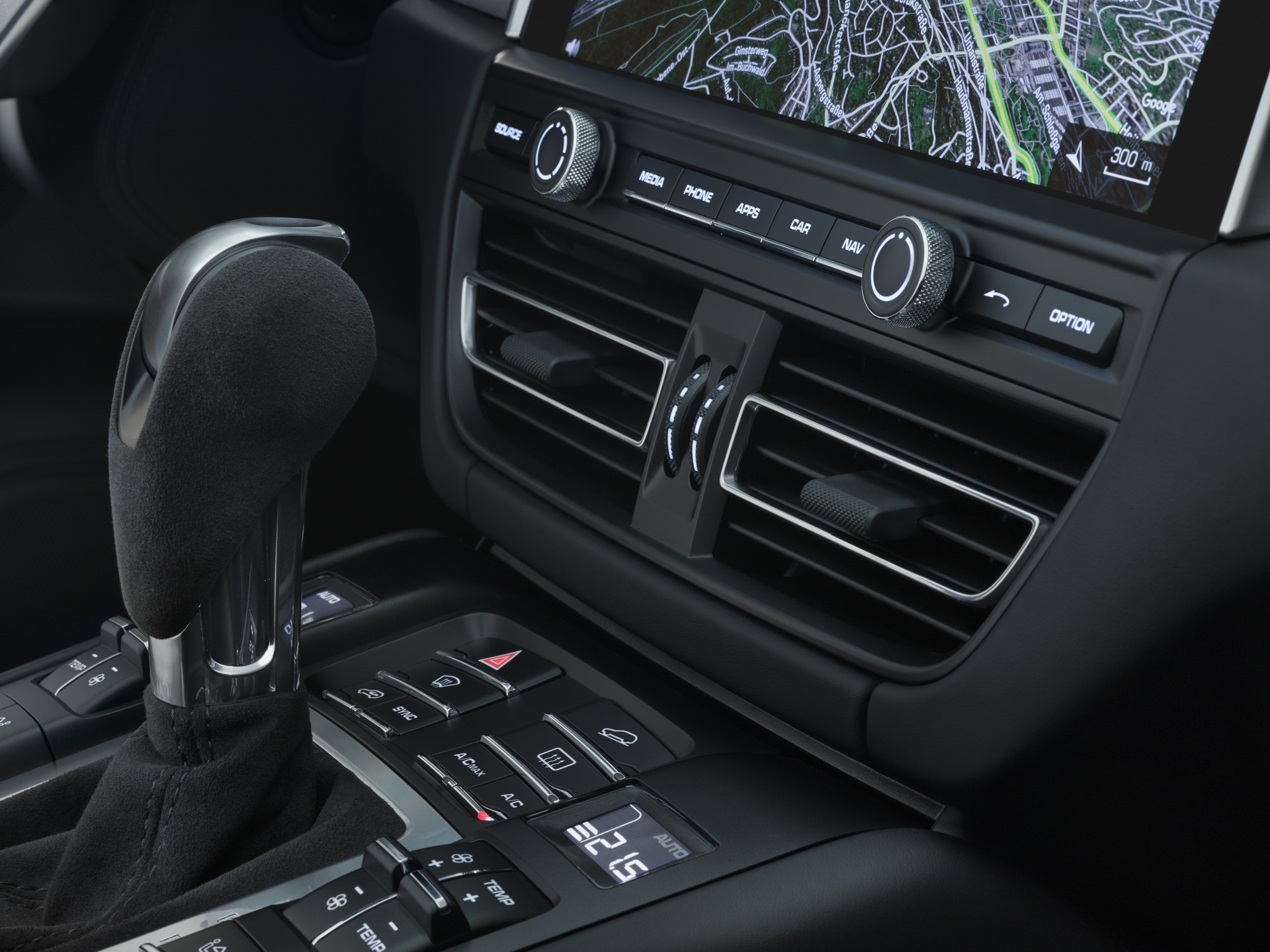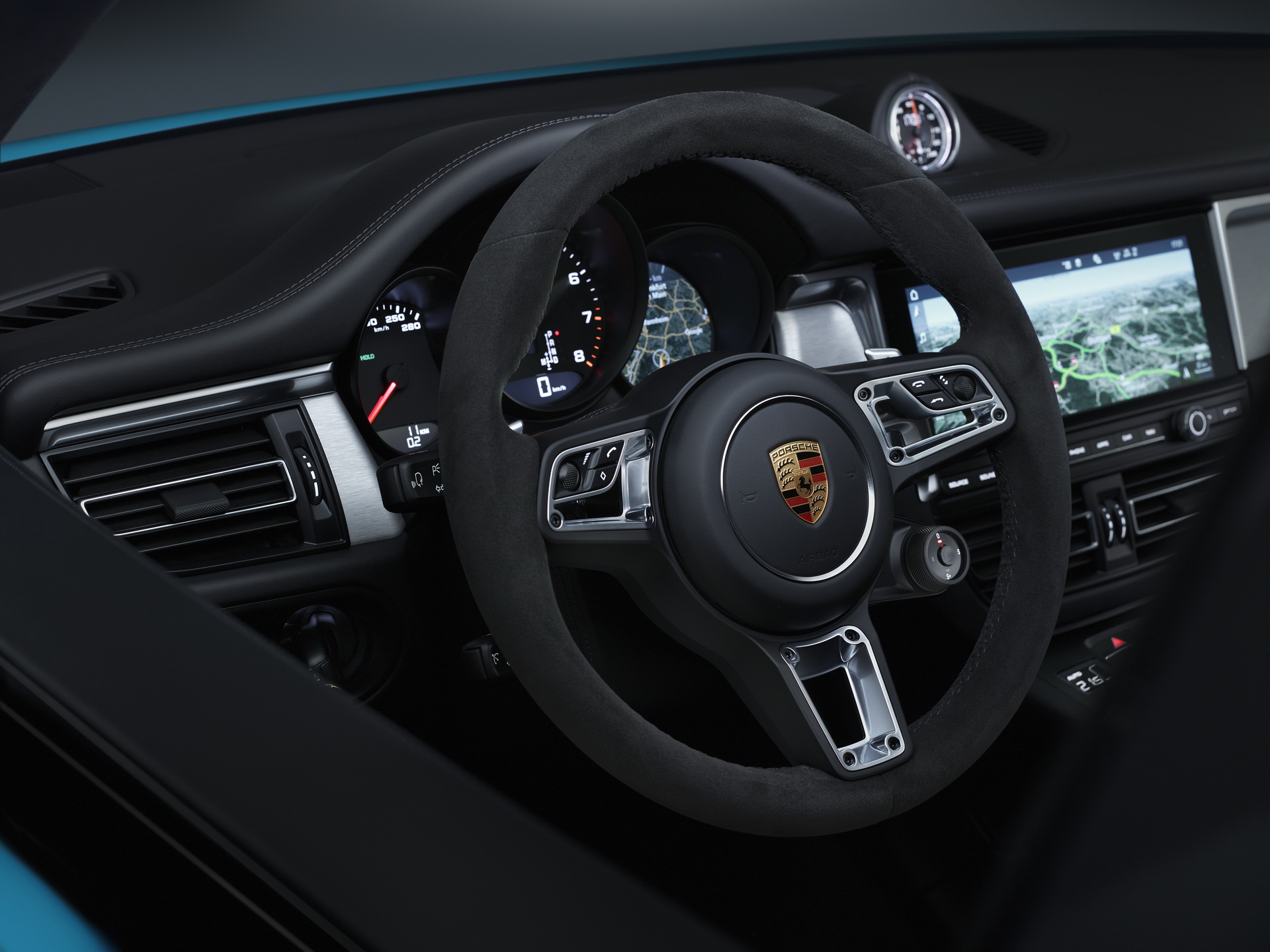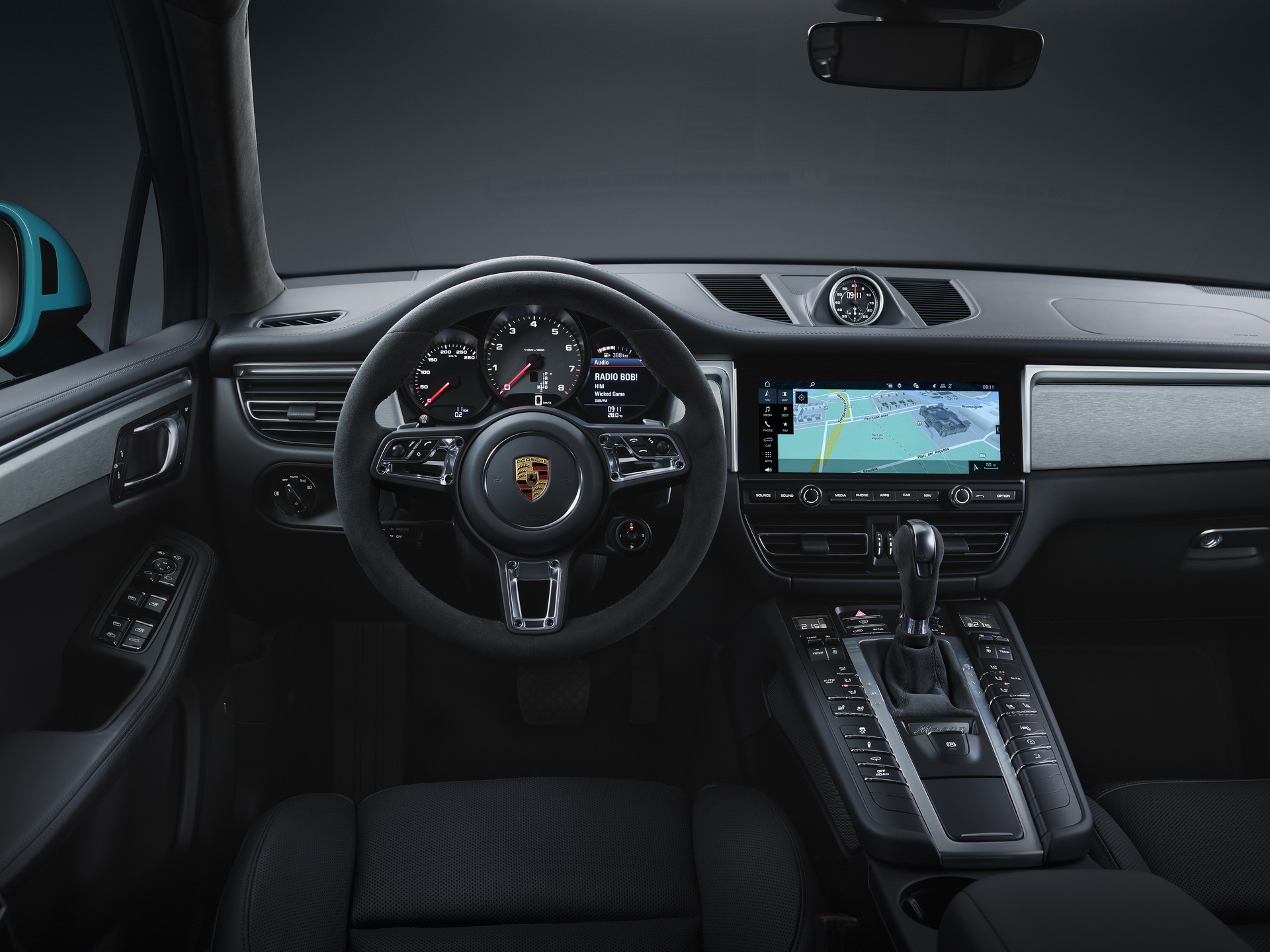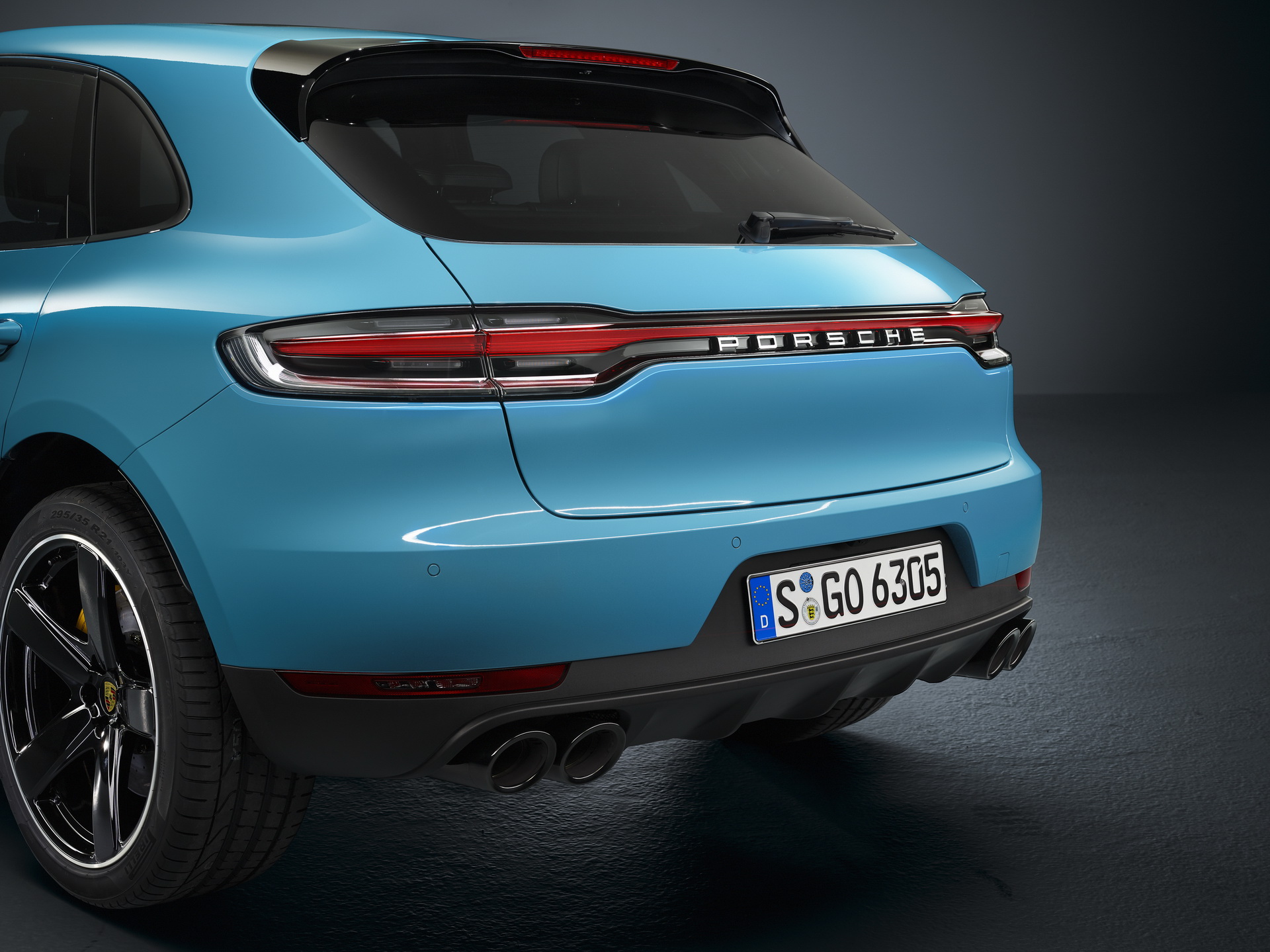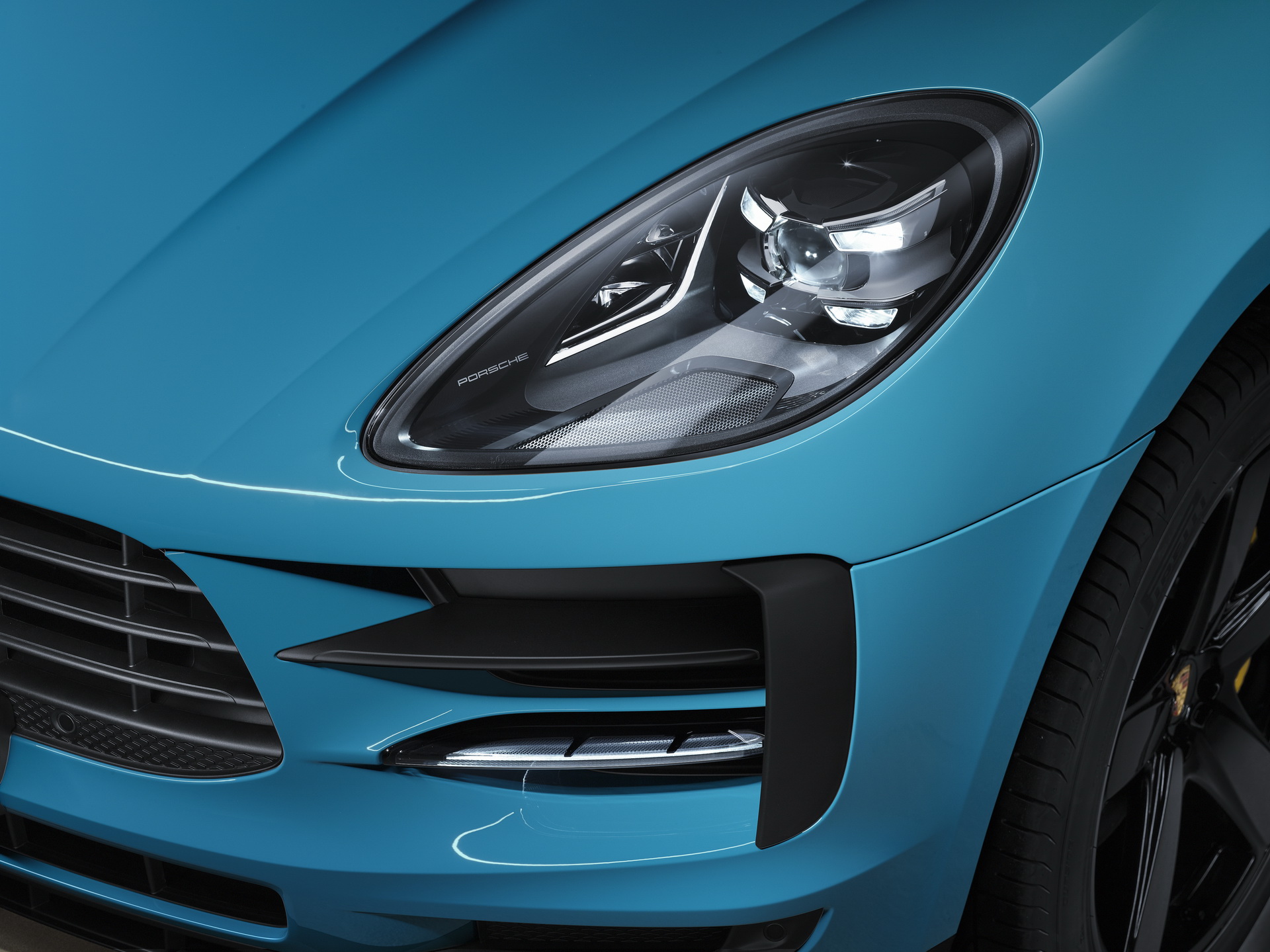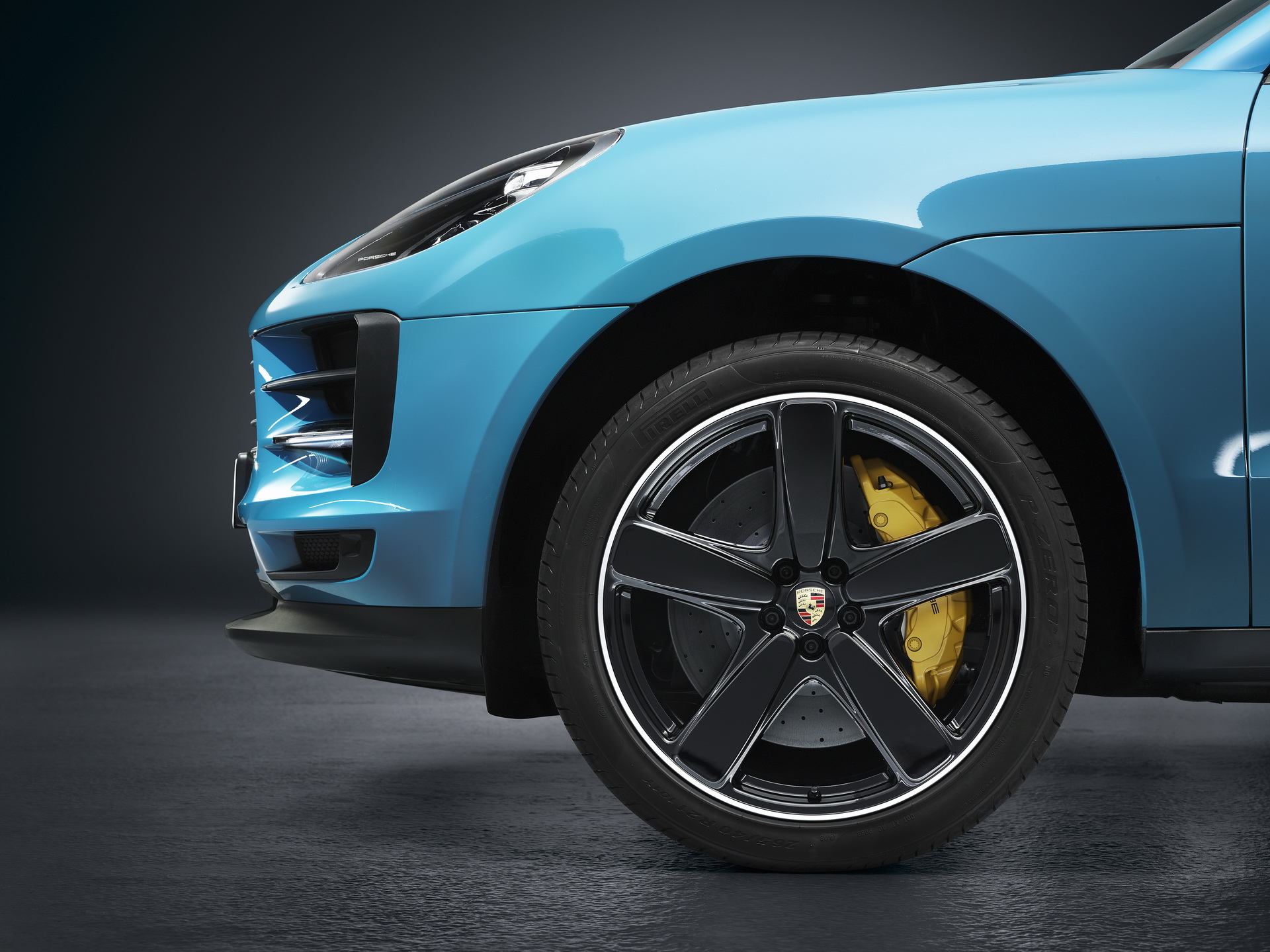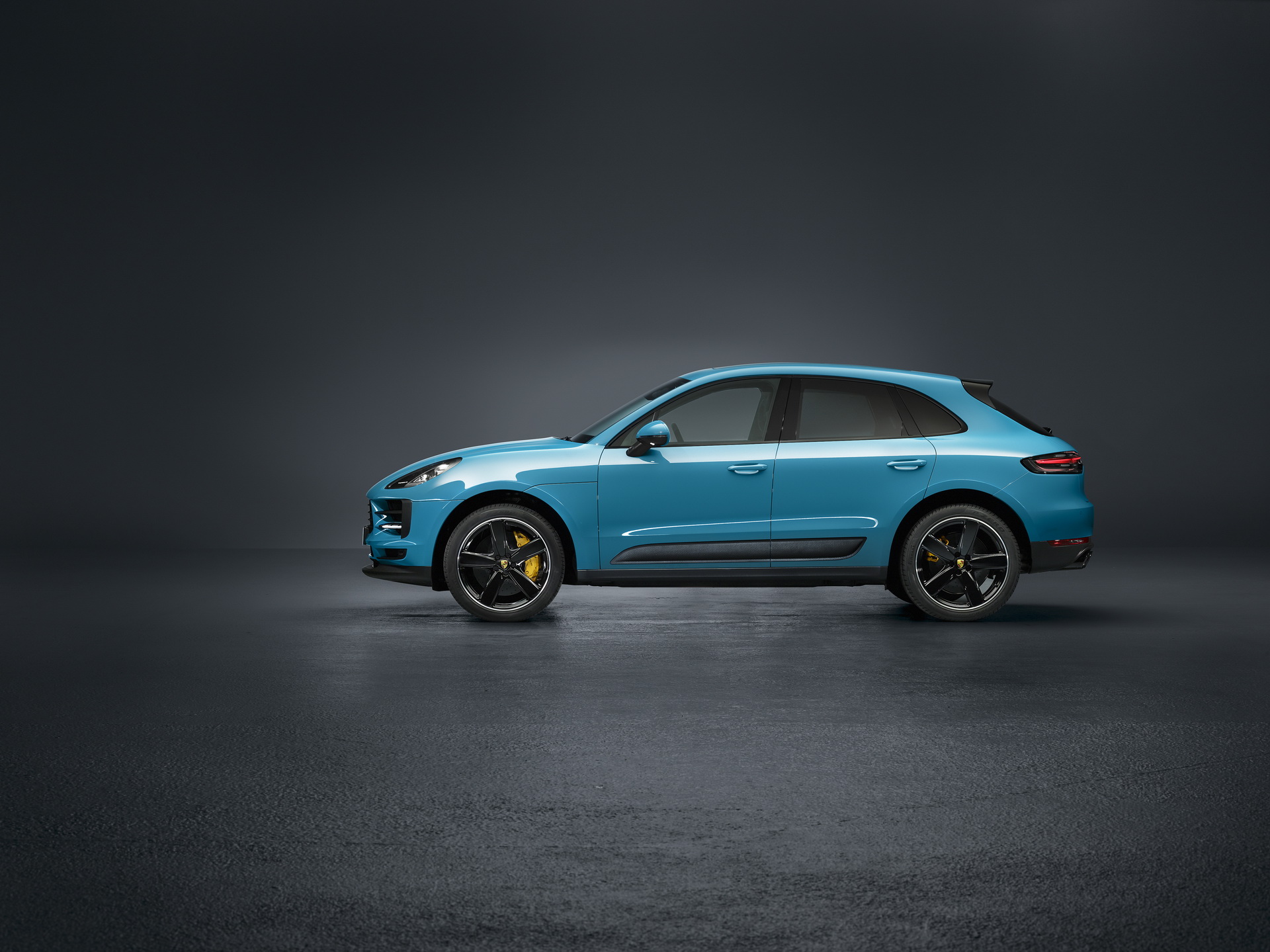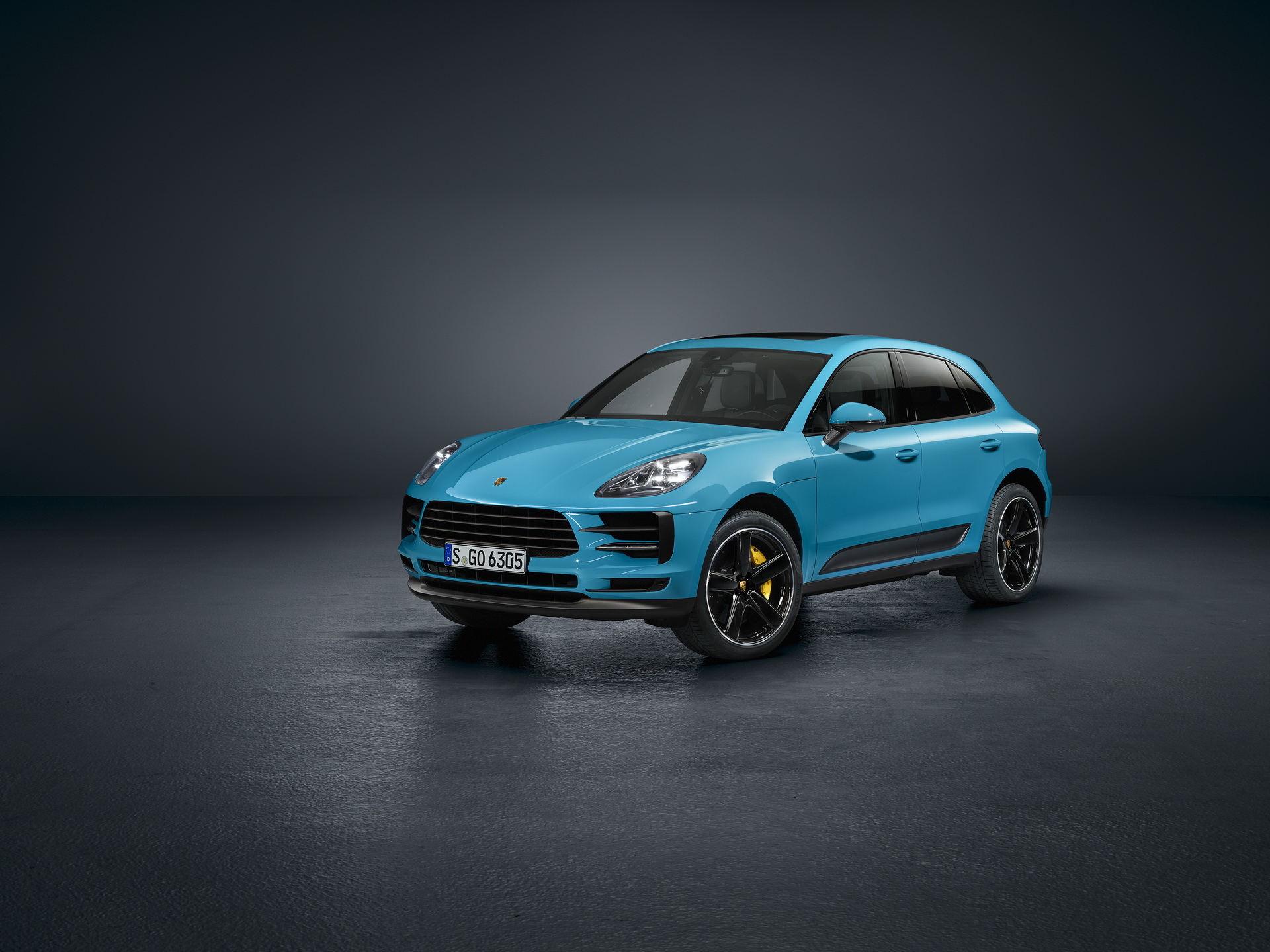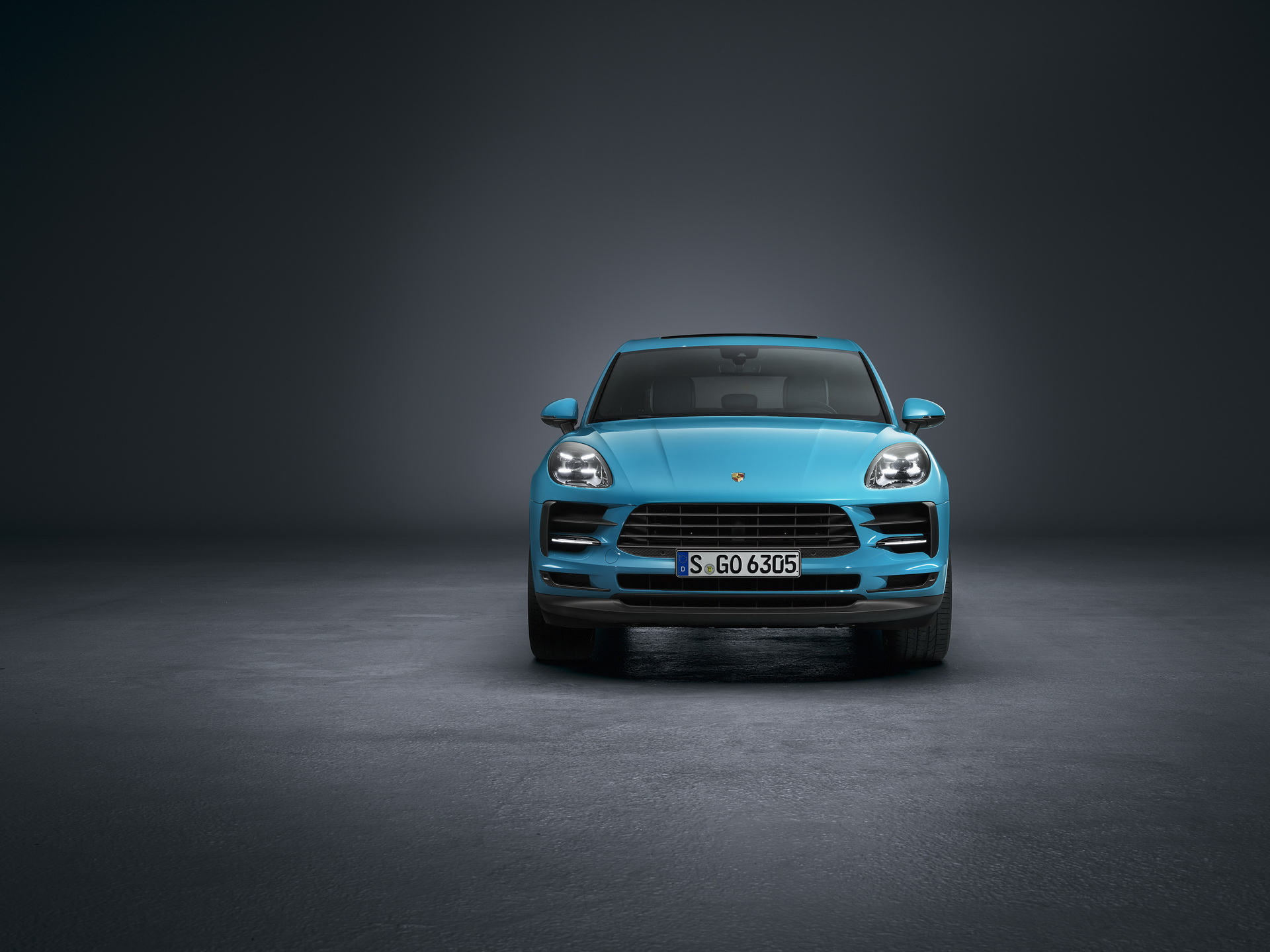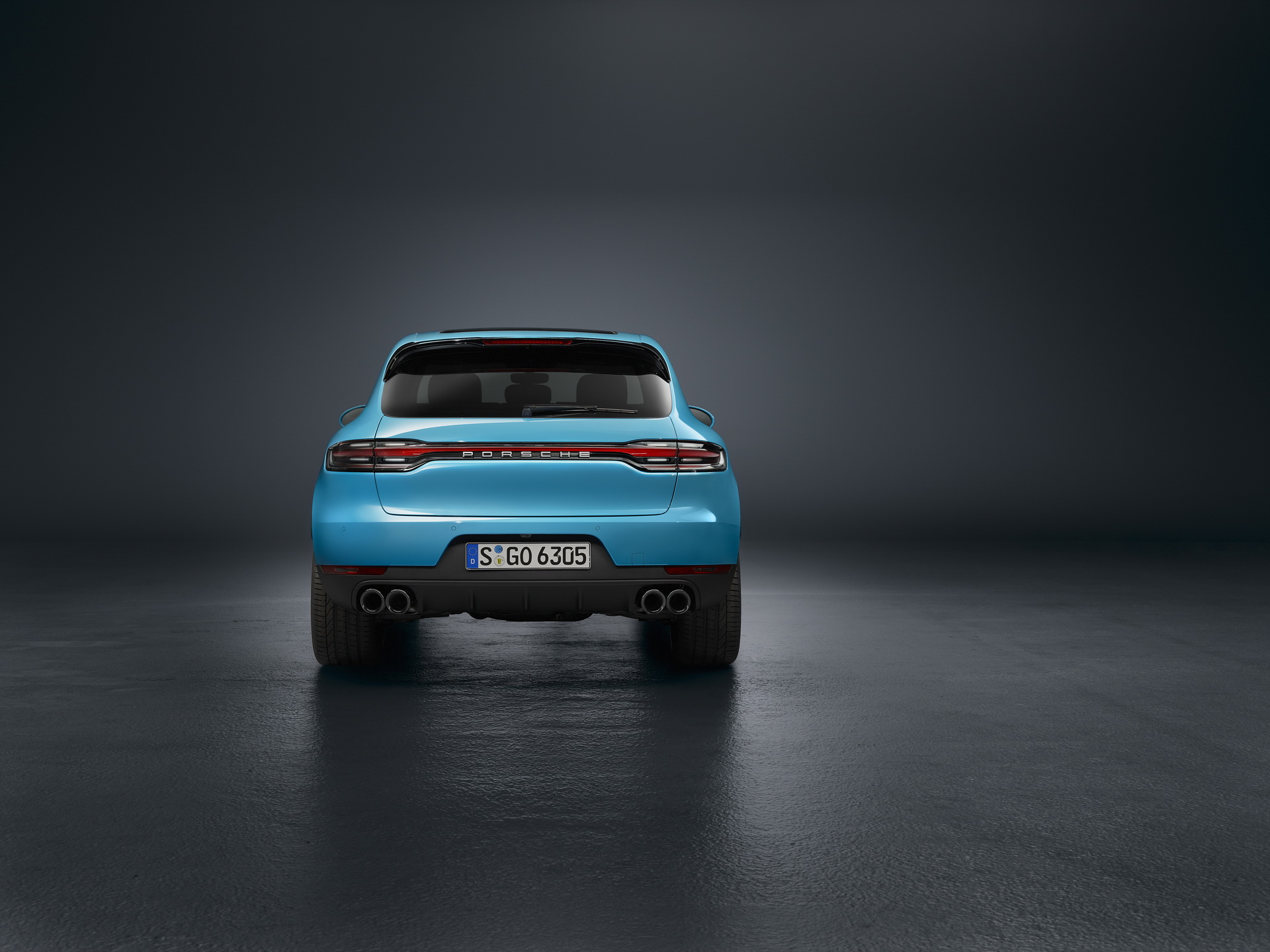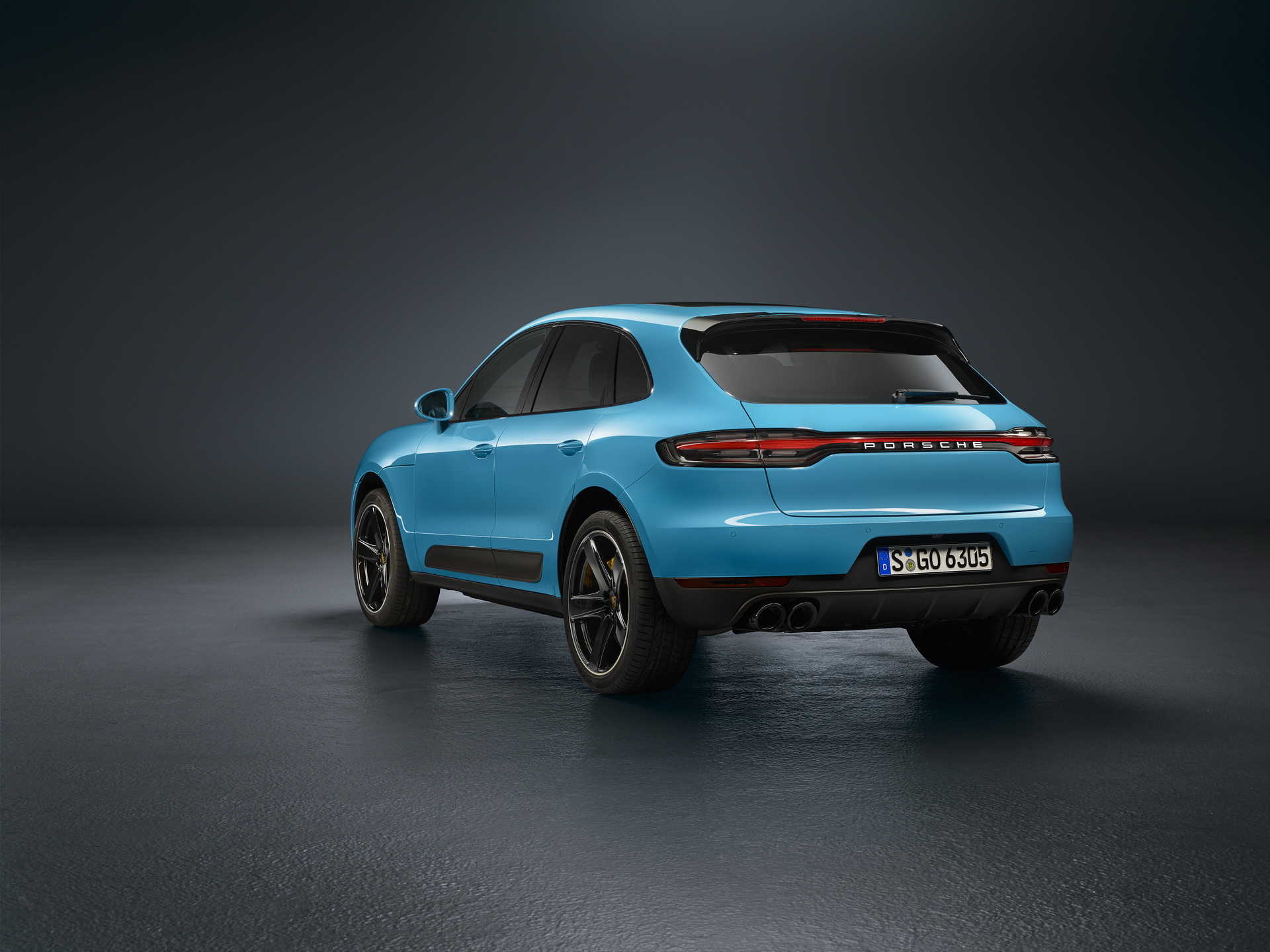Porsche is moving quickly: following the reveal of the facelifted 2019 Macan in Shanghai late last month, the company has already begun series production of its refreshed SUV at the Leipzig plant in Germany.
Despite Porsche having to adapt parts of the facility for the compact SUV, production will be ramped up to over 420 units per day by the beginning of September — matching the high production rate of the previous Macan in just a few days.
That’s because of the high demand for the compact SUV, especially from China, Porsche’s top-selling market. More than 100,000 Macans from a total of 350,000 units produced since the model launched in 2014 went to the Asian country. Perhaps it’s no coincidence then that the first customer model produced in Leipzig, a 2019 Macan painted Mamba Green Metallic, will go to a Chinese customer.
The Porsche Macan has received a number of updates for its mid-cycle refresh, the most obvious of which is the refreshed rear end which now features an LED light strip uniting the taillights. The car may look unchanged at the front, but all Macans get LED headlights as standard. But the changes go beyond a more fashionable rear end design, as Porsche also upgraded the Macan’s comfort, connectivity, and driving dynamics.
Inside, the model gets the new Porsche Communication Management (PCM) infotainment system with a 10.9-inch touchscreen which gains new digital functions such as intelligent voice control and an online navigation system. Other interior upgrades include the 911-sourced GT sports steering wheel as well as redesigned and repositioned air vents. Comfort is further enhanced via a heated front windscreen, and air ionizer, and a traffic jam assistant.
We still don’t have the official engine specs, with the delays reportedly caused by the WLTP emission testing. However, base models are likely to continue using a 2.0-liter turbo-four, while the rest of the range may use more modern V6 engines instead of the previous 3.6-liter V6. Macan S and GTS models are expected to get a turbocharged 3.0-liter V6 engine, while the Macan Turbo should borrow the 2.9-liter V6 from the Cayenne S. As with the Cayenne, no decision has been made on the availability of diesel power plants.



